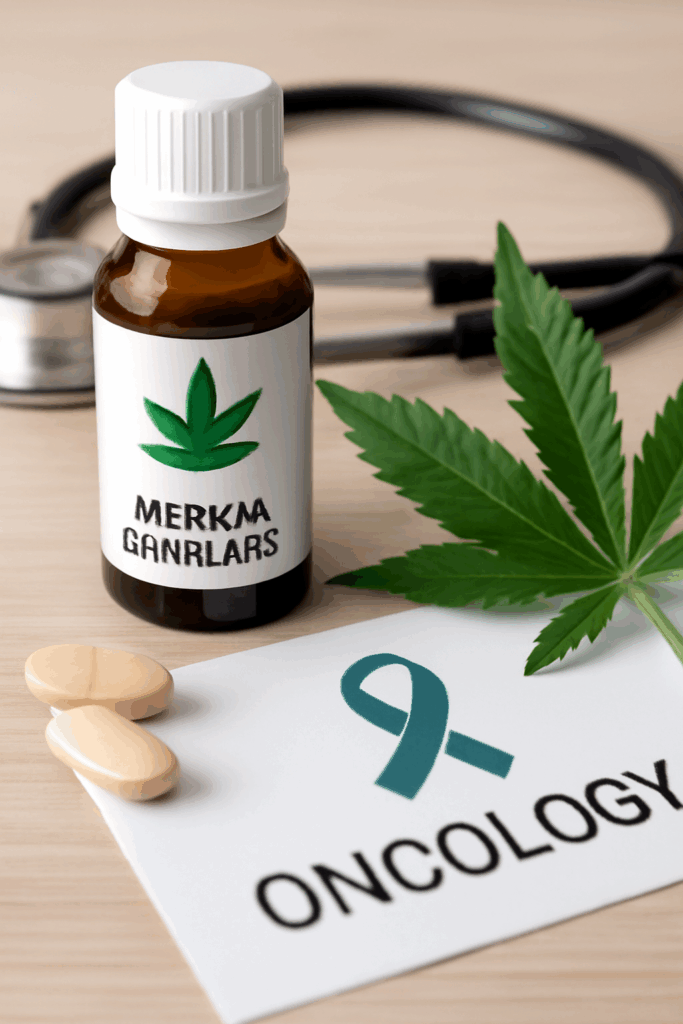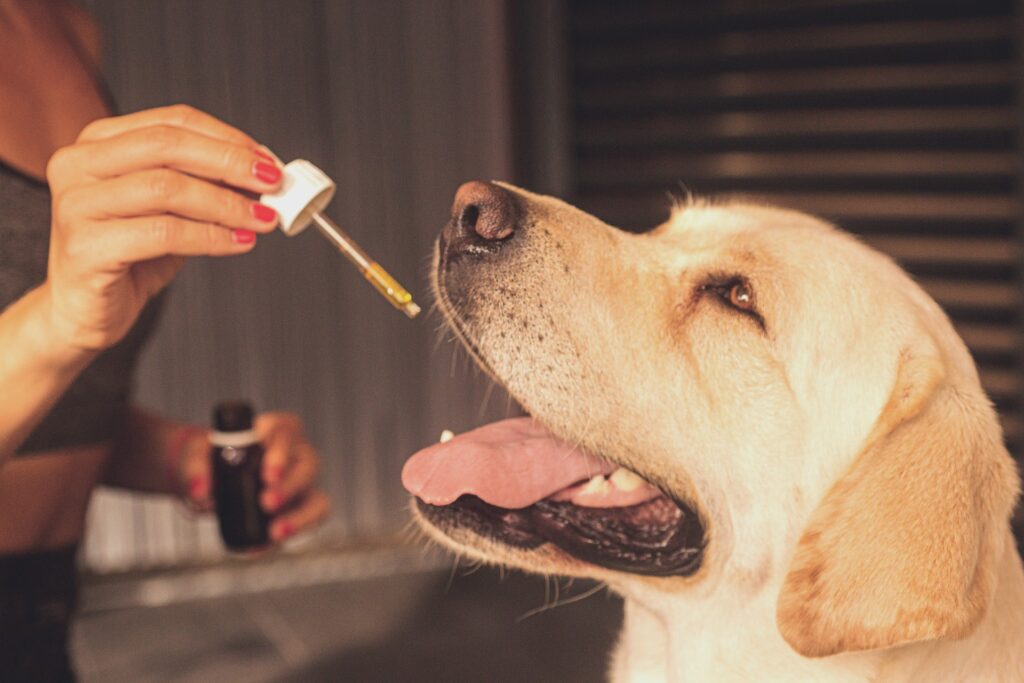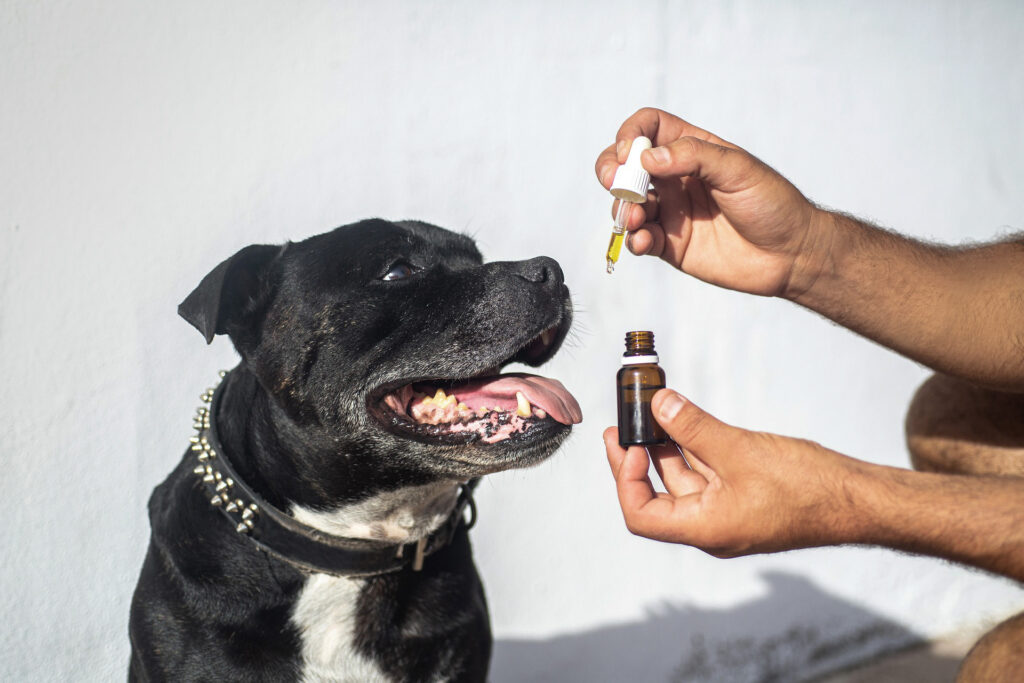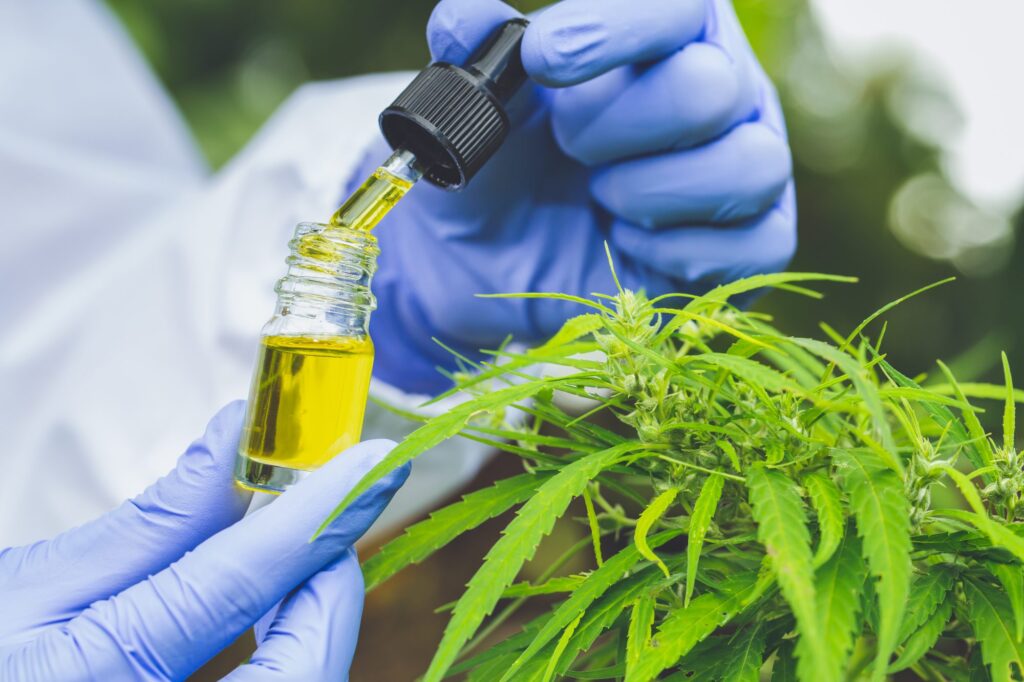Post-Traumatic Stress Disorder (PTSD) is a mental health condition that affects millions of people worldwide, including veterans, survivors of accidents, abuse, and other traumatic experiences. Traditional treatments for PTSD, such as therapy and medications, may not work for everyone, leading many individuals to seek alternative therapies. One treatment option that has gained increasing attention is medical cannabis. Research and anecdotal evidence suggest that cannabis may offer relief for PTSD sufferers, especially in managing symptoms like anxiety, nightmares, and hyperarousal. This article explores how medical cannabis could serve as a promising treatment for PTSD, its legal status, and what patients need to know.
Overview of Medical Cannabis
Medical cannabis refers to the use of cannabis (commonly the cannabinoids THC and CBD) for therapeutic purposes. These cannabinoids interact with the body’s endocannabinoid system, which regulates mood, pain, appetite, and other vital functions. Medical cannabis has been used to treat a variety of conditions, including:
- Chronic pain: Cannabis can help reduce inflammation and relieve pain, especially in conditions like arthritis, fibromyalgia, and nerve damage.
- Epilepsy: CBD has shown promise in reducing the frequency of seizures, particularly in children with severe forms of epilepsy.
- Mental health issues: Cannabis, especially CBD, is increasingly recognized for its potential to alleviate anxiety, depression, PTSD, and stress.
For those with PTSD, cannabis may help regulate the stress response, reduce hypervigilance, and promote relaxation, making it a promising treatment for this complex condition.
See more: Saving Money on Your Sleep Apnea Test Cost in Australia
How Medical Cannabis Helps with PTSD
PTSD is often characterized by symptoms like flashbacks, intrusive thoughts, nightmares, and hyperarousal (feeling constantly “on edge”). Traditional treatment options include psychotherapy (like Cognitive Behavioral Therapy or EMDR) and medications (like antidepressants and anti-anxiety drugs). However, many individuals do not respond well to these treatments, leading to the search for alternative options like medical cannabis.
Medical cannabis offers several potential benefits for those dealing with PTSD:
- Reduction in anxiety: CBD, in particular, has calming effects and may help reduce the overwhelming anxiety often experienced by PTSD patients. Unlike THC, which can sometimes induce anxiety, CBD has been shown to have anxiolytic (anxiety-reducing) properties, helping patients manage their stress without psychoactive effects.
- Improved sleep quality: One of the hallmark symptoms of PTSD is disturbed sleep, often accompanied by nightmares or night terrors. Both THC and CBD have shown promise in improving sleep by reducing nightmares and promoting a more restful, uninterrupted night’s sleep.
- Enhanced mood and emotional regulation: By influencing the brain’s receptors involved in mood regulation, cannabis may help alleviate depression and emotional dysregulation that often accompany PTSD. THC’s ability to promote relaxation and euphoria can help patients experience brief moments of relief from their constant state of tension.
- Memory and trauma processing: Some research suggests that cannabinoids like THC may influence the brain’s ability to process and “recontextualize” traumatic memories, potentially reducing their intensity. This could make it easier for individuals to cope with the emotional weight of their experiences.
While these benefits are promising, it’s important to note that cannabis is not a cure for PTSD. Instead, it may be an effective complementary treatment, particularly for those whose symptoms are resistant to traditional therapies.
Global Legal Status of Medical Cannabis
The legal status of medical cannabis varies significantly across the globe, affecting patients’ ability to access it as a treatment option.
- Countries where cannabis is legal: Several countries have fully legalized medical cannabis, including Canada, Germany, Israel, and Australia. In these countries, medical cannabis is available through prescription and regulated by national health systems to ensure quality and safety.
- Countries with regulated cannabis laws: In the United Kingdom, the United States, and some parts of Europe, cannabis is legal for medical use but heavily regulated. Access is usually granted to individuals with specific medical conditions, and the process for obtaining medical cannabis can involve multiple approvals from healthcare providers.
- Countries where cannabis remains illegal: Many countries, especially in Asia and the Middle East, still treat cannabis as an illegal substance, regardless of its medical potential. This presents challenges for patients in these regions who may not have access to cannabis for therapeutic purposes.
The varying legal frameworks for medical cannabis create barriers for patients seeking this treatment option. Even in countries where cannabis is legal, navigating the bureaucracy and ensuring access can be a challenge.
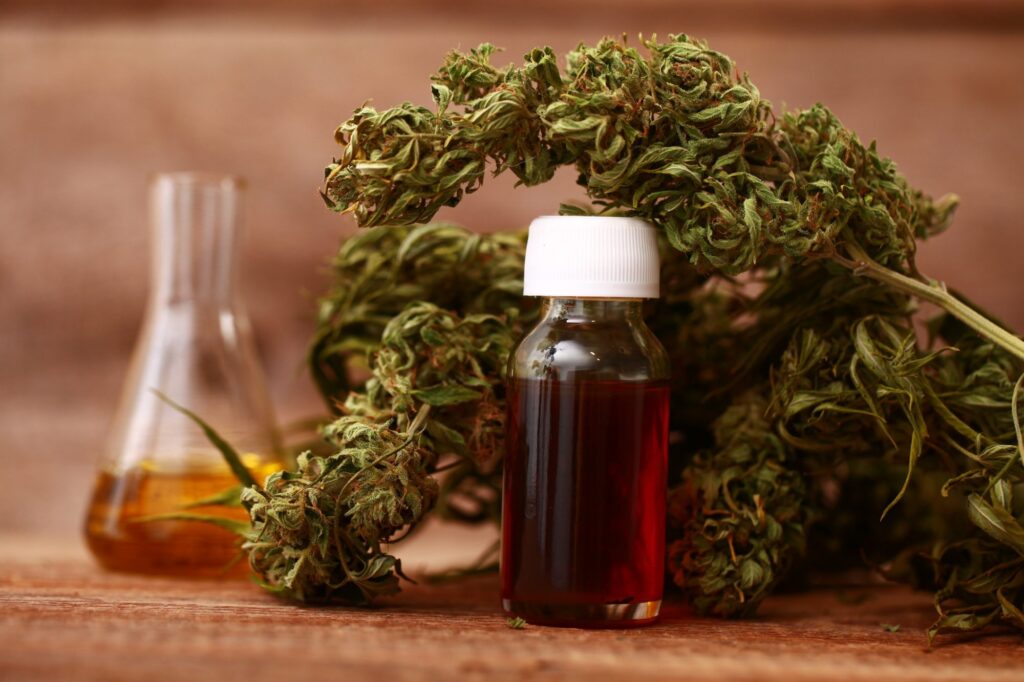
The U.S. Legal Framework: Federal vs. State Law
In the United States, the legal framework surrounding cannabis is particularly complex due to the discrepancy between federal and state laws.
- Federal Law: Cannabis remains classified as a Schedule I controlled substance under the federal Controlled Substances Act, meaning it is considered to have no accepted medical use and a high potential for abuse. This federal stance limits research, access to banking, and the ability to transport cannabis across state lines.
- State Laws: Despite the federal prohibition, more than 30 states have legalized medical cannabis. These states allow patients with qualifying conditions, including PTSD, to access cannabis through licensed dispensaries. Each state has its own set of regulations governing cannabis use, including requirements for obtaining a prescription or medical cannabis card.
As of now, patients in states where medical cannabis is legal can use it for PTSD treatment, but the lack of federal legalization means there are still significant hurdles. The evolving stance on cannabis at the federal level could bring greater uniformity to the legal landscape, making it easier for patients to access cannabis regardless of where they live.
Medical vs. Recreational Cannabis
It is important to understand the distinction between medical cannabis and recreational cannabis:
- Medical cannabis is prescribed by a healthcare provider and used to treat specific medical conditions. It is regulated to ensure that it is used safely and effectively. Patients need a prescription or medical card to access medical cannabis from licensed dispensaries.
- Recreational cannabis is used for personal enjoyment and is legal for adults in certain areas. Unlike medical cannabis, recreational cannabis does not require a prescription and is subject to less stringent regulations. However, the chemical composition of both medical and recreational cannabis may be similar, although medical cannabis is often prescribed in specific doses and formulations based on the patient’s needs.
Patients using cannabis for PTSD must follow the specific legal and medical requirements for medical use, ensuring that it is part of a comprehensive treatment plan and tailored to their individual needs.
Key Legal Considerations for Patients
Patients seeking to use medical cannabis for PTSD treatment must be aware of several legal considerations:
- Prescription Requirements: In most regions where medical cannabis is legal, patients must obtain a prescription or medical recommendation from a healthcare provider. This involves documenting the diagnosis and the need for cannabis as a therapeutic treatment.
- Access and Distribution: Cannabis must be obtained through licensed dispensaries. In some regions, patients may need to register with the state or government to receive their medical cannabis. It is important to ensure that the cannabis is sourced legally and safely.
- Record-Keeping: Keeping accurate medical records of cannabis use is essential for monitoring its effectiveness and ensuring that the treatment is appropriate. Patients should document dosages, frequency of use, and any changes in symptoms.
Legal Challenges and Advocacy
Despite growing acceptance of medical cannabis, significant legal challenges remain. Many patients and advocacy groups are working to change laws that restrict access to medical cannabis, improve insurance coverage for cannabis treatments, and address issues like workplace discrimination. Landmark legal cases, such as those related to cannabis rescheduling at the federal level in the U.S., are helping to pave the way for future changes.
Future of Medical Cannabis Legislation
The future of medical cannabis legislation looks promising, with increasing support for its therapeutic benefits. As more states and countries legalize medical cannabis, there will be greater access for patients who may benefit from its use, including those with PTSD. The ongoing efforts to push for federal decriminalization in the U.S. could have significant implications for patients, particularly in terms of access, research, and uniformity across states.
As research continues to support cannabis’s role in mental health treatment, the regulatory landscape will likely continue to evolve, potentially making medical cannabis more accessible for those who need it.
Conclusion
Medical cannabis has shown promise as a treatment for PTSD, offering potential relief from symptoms like anxiety, nightmares, and hypervigilance. While more research is needed to fully understand its long-term effects and efficacy, cannabis presents a valuable option for individuals who may not respond to traditional therapies. As the legal landscape continues to shift and more evidence emerges, medical cannabis could become a more widely accepted treatment for PTSD and other mental health conditions. Patients should consult healthcare providers to determine if medical cannabis is a suitable part of their treatment plan, ensuring that it is used safely and effectively.
